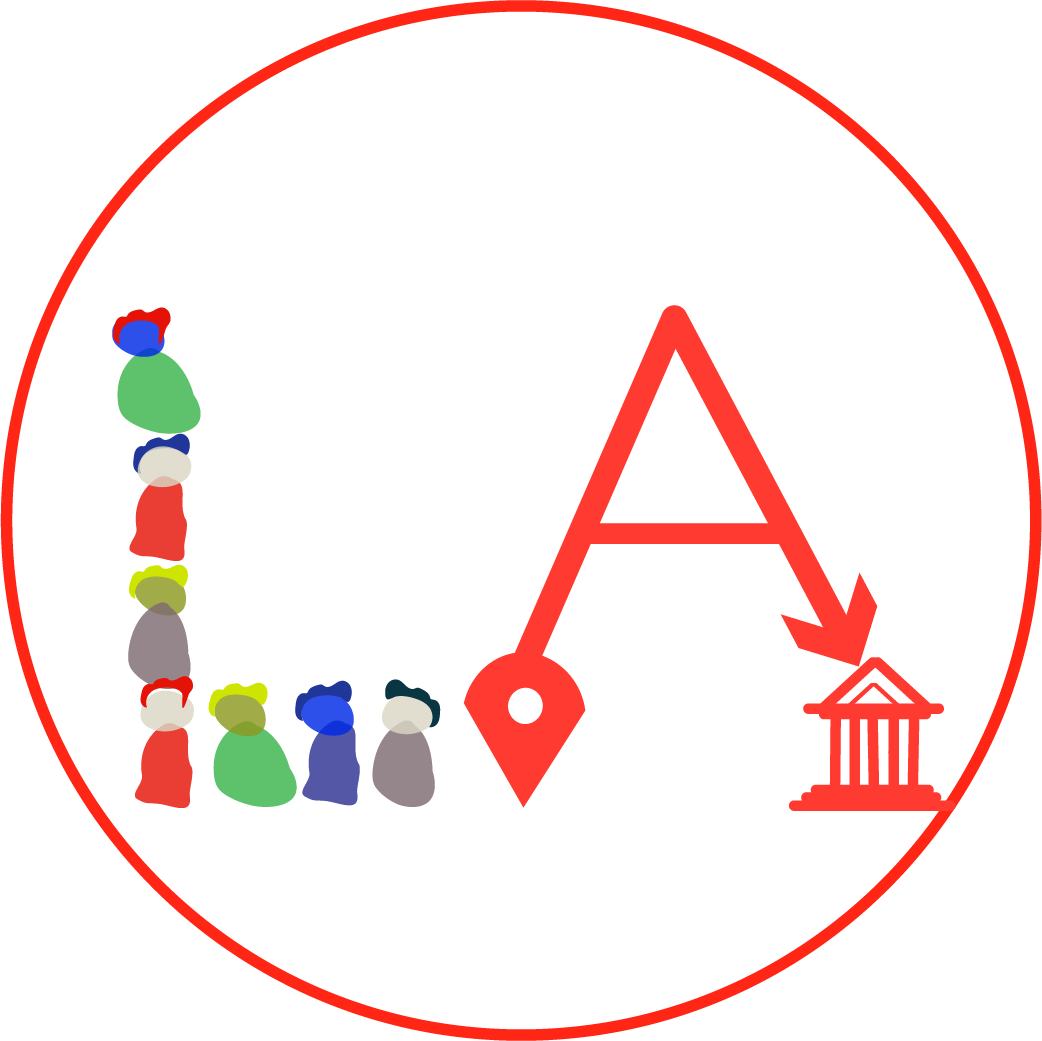LOGGIA is a European project “Linking community archaeology and wellbeing in the Mediterranean”, starting in 2022 and ending in 2024. The project works with case studies, including vulnerable groups.
Several studies and projects demonstrate that cultural heritage activities positively affect our wellbeing. Community and participatory practices, the reason Local Approach exists, strengthen community bonds and bring opportunities to improve the community. Thus far, community archaeology practices have not involved vulnerable groups.
LOGGIA offers equal access, including select groups such as people with disabilities.
- Investigating community wellbeing
- Focusing on the Mediterranean
- Designing tailored activities
- Including persons with disabilities
- Engaging through a digital environment
- Producing an ethnographic video
The project offers several events to raise awareness and promote participatory practices and wellbeing in cultural heritage.
Case studies, so far, the project shares Vignale, Italy, expanding their network to vulnerable groups and Xeros River Valley, Cyprus, working on the concept of abandonment and continuing existing work with people having Huntington’s disease.
Our take
LOGGIA is an absolutely fantastic and necessary project, bringing to the forefront the benefits and opportunities of participatory approaches. Wellbeing is interrelated to archaeology and cultural heritage. Since Covid-19, more and more research demonstrates it but few actionable projects have arisen. LOGGIA will hopefully give us a framework and inspire cultural actors to create more projects with these principles at heart.
I want to learn more:
Our related articles
Heritage, Health and Wellbeing Report
Get inspired! Culture : a driver for health and wellbeing in the EU

